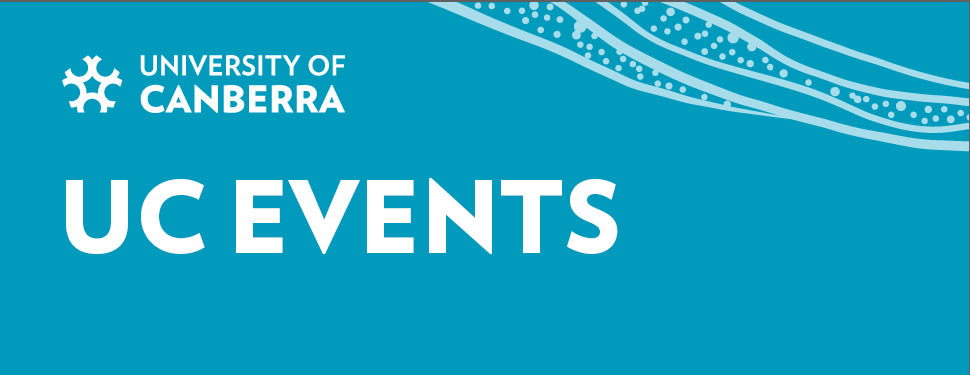

Other quick links
University of Canberra, Bruce ACT 2617 Australia
+61 2 6201 5111
ABN 81 633 873 422
CRICOS 00212K
TEQSA Provider ID: PRV12003 (Australian University)
UC acknowledges the Ngunnawal people, traditional custodians of the lands where Bruce campus is situated. We wish to acknowledge and respect their continuing culture and the contribution they make to the life of Canberra and the region. We also acknowledge all other First Nations Peoples on whose lands we gather.


